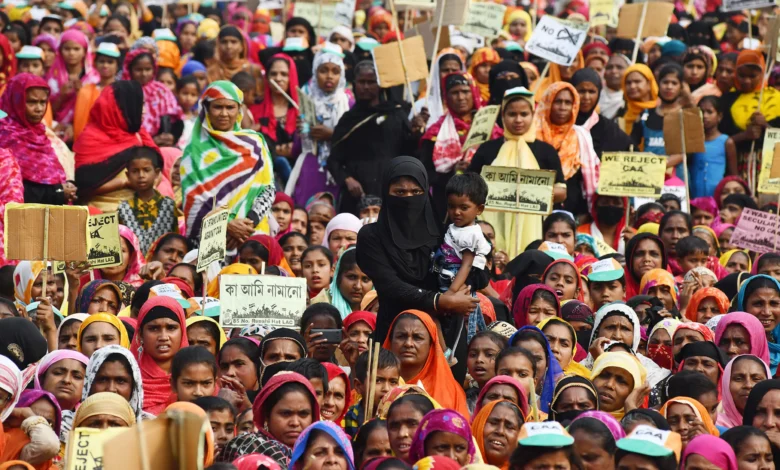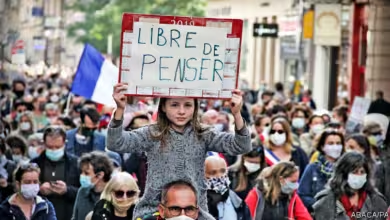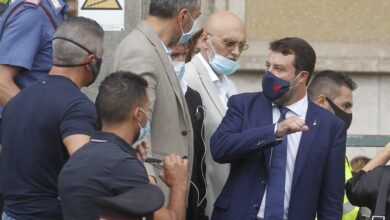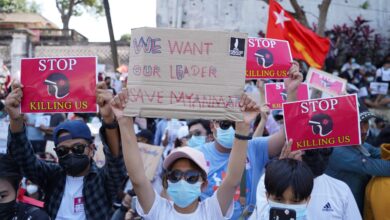Why Muslims in the U.S. Are Never Seen as Victims

After 9/11, Muslims in the U. S. have been mainstreamed from the justice frameworks as a result of the country’s continuous support for state terrorism. The criminalization, demonization, and dehumanization of Muslims have occasioned this. These toxic narratives portray Muslims as intrinsically aggressive, excessively furious, and savage—the way they portray them is that they are never victims but always aggressive actors.
This framing has successfully removed the Muslim’s right to their victim narrative even though they continue to suffer raw violence and discrimination. Globally, the deaths of Muslims have been obscured from the public consciousness by the War on Terror, an anti-body politicized by states. The specific exclusion from justice is not coincidental; it constitutes a deliberate attempt to erase Muslims’ right to their memory and subjectivity in relation to the 9/11 event and its aftermath.
Lacking a suitable paradigm within which these injustices may be coped with, it is very challenging to marshal collective action with a view to pressing the state into check. According to William K. Carroll and Robert S. Ratner, collective action frames are part of the discursive politics of any struggle against hegemonic power.
Read More: Purchase term papers from a reputable company. In this case, Muslims in the U. S have lacked the collective action frame, which has been a hindrance in the struggle to demand justice.
To achieve the objective of representing us and us representing you, the memory of the War on Terror needs to be rethought. This means maintaining the focus on Muslim lives that have been affected by state terror and the media’s role in it. The experiences that can begin with omission and end with marginalization must be central to any quest for justice worth fighting for.
The oblivion of Muslim suffering is not a mere coincidence. This is a process of ‘an organized amnesia,’ as noted in the studies of memory by psychology academics. Again, this forgetting is carried out strategically in order to dissociate the violent targeting of Muslims from ‘the War on Terror.’ These narratives are written and rewritten with that objective clearly in mind: to ensure that violence against Muslims can and should continue inside and outside America’s borders.
Thus, for there to be justice for Muslims in the U. S., impending significant changes in the rhetorical frame must be considered. This means paying attention to the Muslims, recognizing their suffering, and including them in the narratives of the War on Terror. Thus, it is only by regaining this voice and this agency that Muslims may be able to claim justice they have finally been deprived of.
Thus, Muslims are depicted not only as violent and irrational people, but this view is used as a phase to justify their lack of justice. To free themselves from this, their stories have to be told but not silenced. That is why it is easier to solve the systemic problems of discrimination against Muslims in the United States that have been a part of their lives for several decades.




